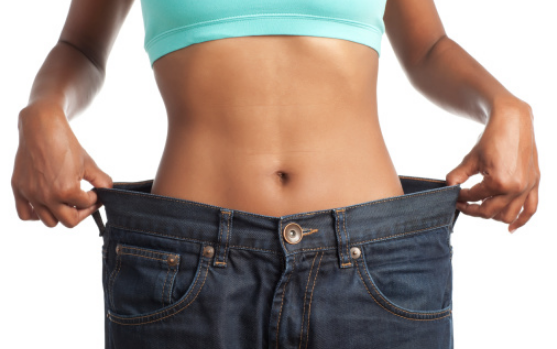Whether you’re new to college or on the way out, having a healthy body image can be the best tool for success. Demands are high, and you need to be at your best.
Statistically, it’s harder than ever to have a decent body image.
Many of us are managing meals for the first time, paying bills, remembering appointments and working while balancing more schoolwork than ever. It takes a toll on eating habits and self-image.
The real enemy to a healthy body image, however, is in societal expectations.
Women, in particular, are taught our bodies are never enough, surrounded by other women who we believe meet an ideal we cannot touch. It leads to self-erasure, a deep self-distortion.
What does a harsh body image look like?
For many, it’s sitting at a desk, arms wrapped tight, constantly sucking your stomach in as if you could absorb flesh back into your midsection. It’s absentmindedly plucking at the unwelcome skin on your body or sheltering flesh from critique in baggy clothes. It’s waking up in the morning and dreading a glance in the mirror.
When you’re not happy with how you look, you don’t just skip meals.
You learn to hide in your clothes, the spaces you inhabit. You feel constant shame for taking up too much space and for feeling hungry.
Especially for women, the world’s allotted space for your body is limited. Girls are learning earlier than ever that even a few “extra” pounds are taking up too much of this space. Women’s bodies are analyzed everywhere from the clickbait on your feed to the comments on celebrity photos.
We know the narrative of repulsion by fat too well, and the moment you decide you’re “too” fat, it is deeply difficult to stop the cycle of shame, to regain self-worth.
This isn’t a specifically feminine issue, as it is largely reported. Men are affected as well.
A man’s masculinity is portrayed in the media as dominance, physical power and strength. The ideal for men ignores the variety of body types men can possess.
Where women seem encouraged to starve themselves down to bones, men who struggle to “bulk up” or “trim fat” in order to build mass, are left with deep inadequacy, and often eating disorders.
Society’s space for men demands size and strength, where for women, it insists on impossibly thin frames with curves only in the “right” places.
Both are destructive.
There have been small victories in changing these standards. Body positivity conversations are more common. Occasional glimpses of cellulite or stretch marks are celebrated.
However, it’s a lie that these ideas don’t persist, and pollute our self-image. When unrealistic representations of men and women still dominate our media, it’s clear that images of perfection are still imposed upon us.
We still lift up people with what society dictates are ideal bodies, and whisper about the fashion or dietary choices of those we believe don’t fit that idea.
Yes, obesity is dangerous to your health, and I encourage research so you can take care of yourself and avoid eating microwaved ramen all day. We’ve all been there.
But embracing different body types and encouraging confidence is not “glorifying obesity.”
It’s acknowledging and loving the reality of a vast array of beautiful body types. We must examine how we make others feel about the space they inhabit and take ownership of the cues we feel in movies and TV shows. We are often supposed to laugh at or be disgusted by the “fat” characters in our stories, and then idolize the “skinny.”
We must understand the implications behind our ridicule, and destroy the need to critique any inch of another person’s body.
Letting go of these lies leads to being kinder to yourself and others. Really, if you care for your body, if you work to balance what you eat and get exercise, your body is fine. Try saying that to yourself each day. It makes a difference.
Natalie Hanson can be reached at opinioneditor@theorion.com or @NatalieH_Orion on Twitter.







